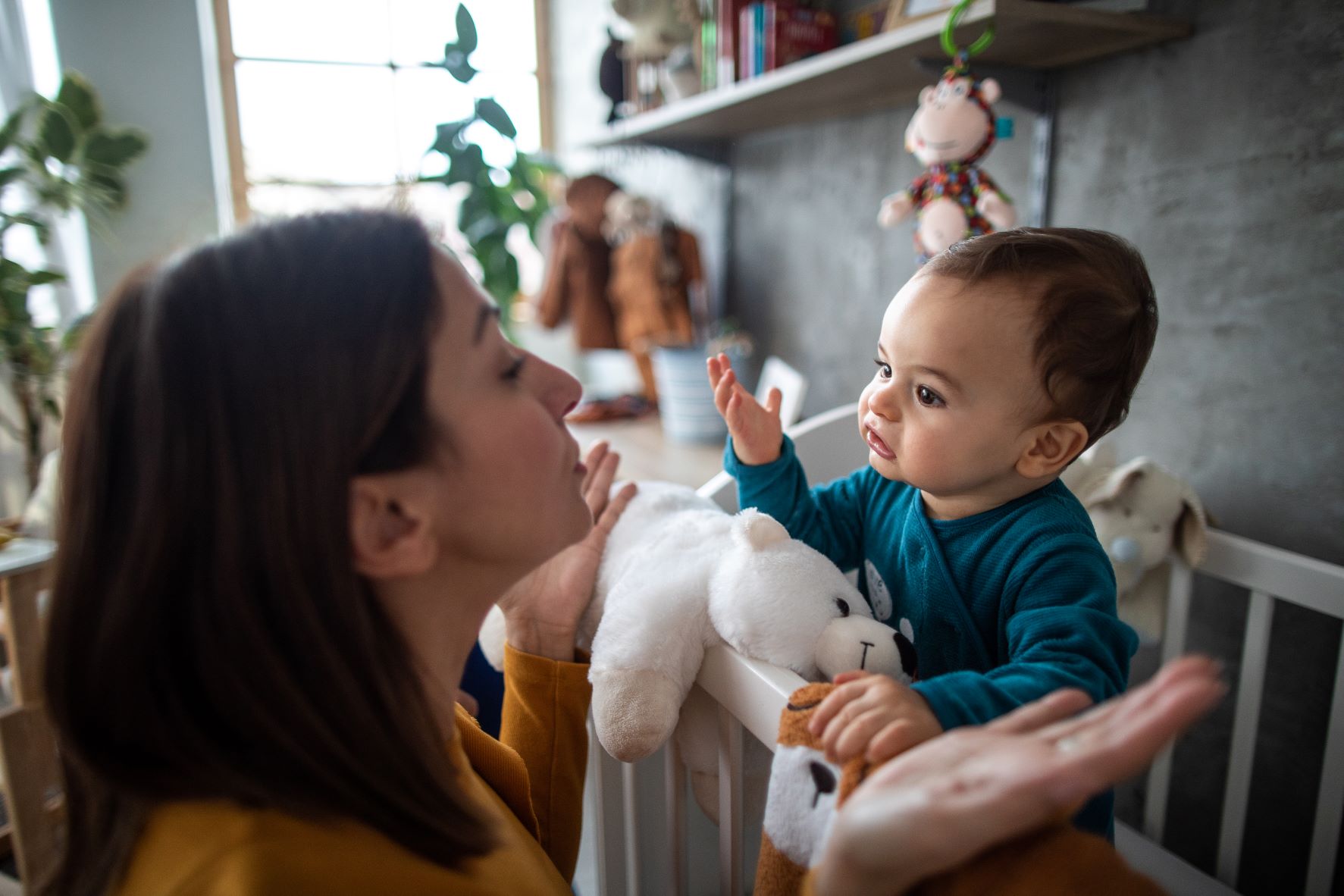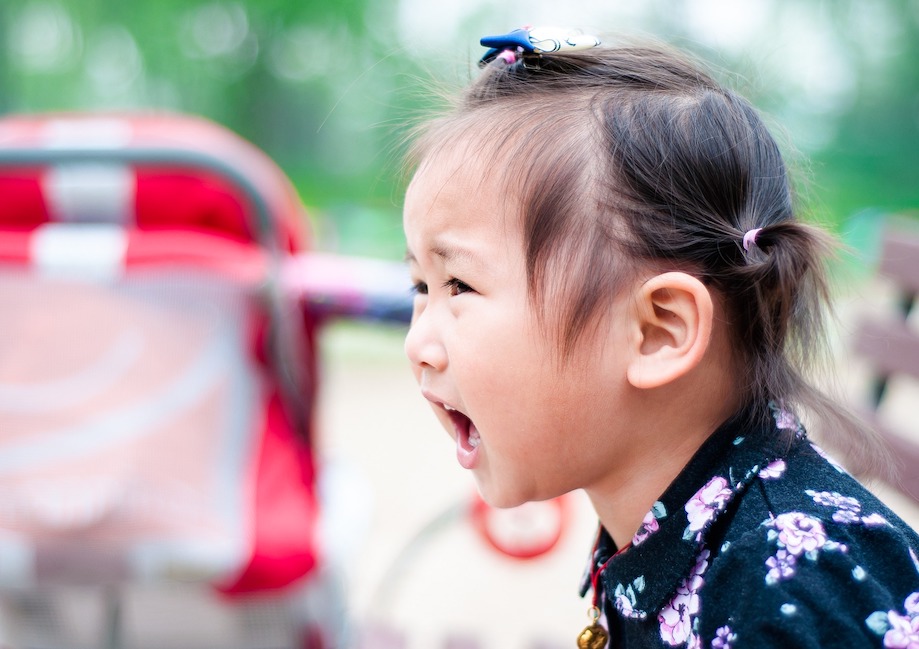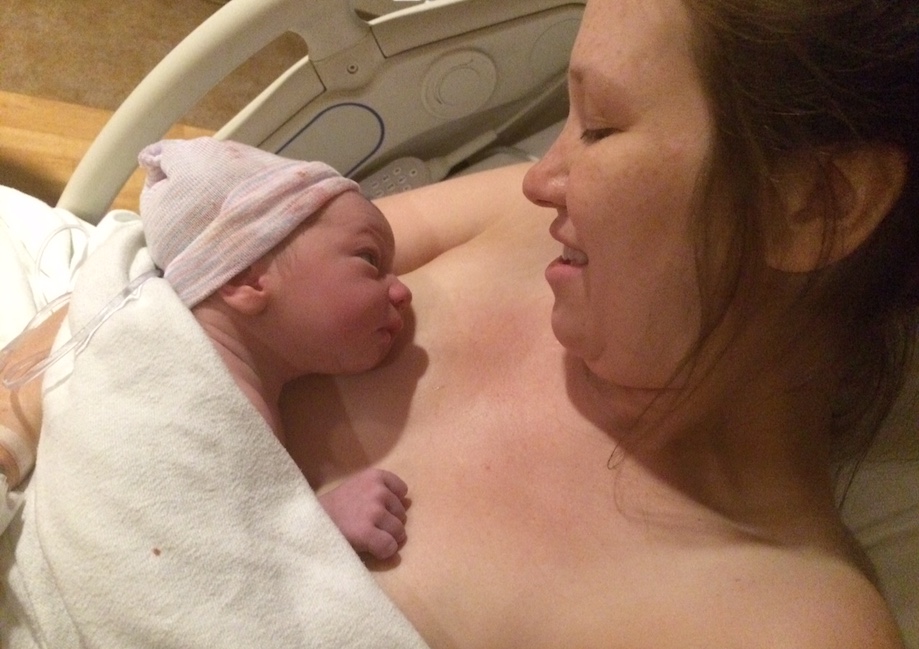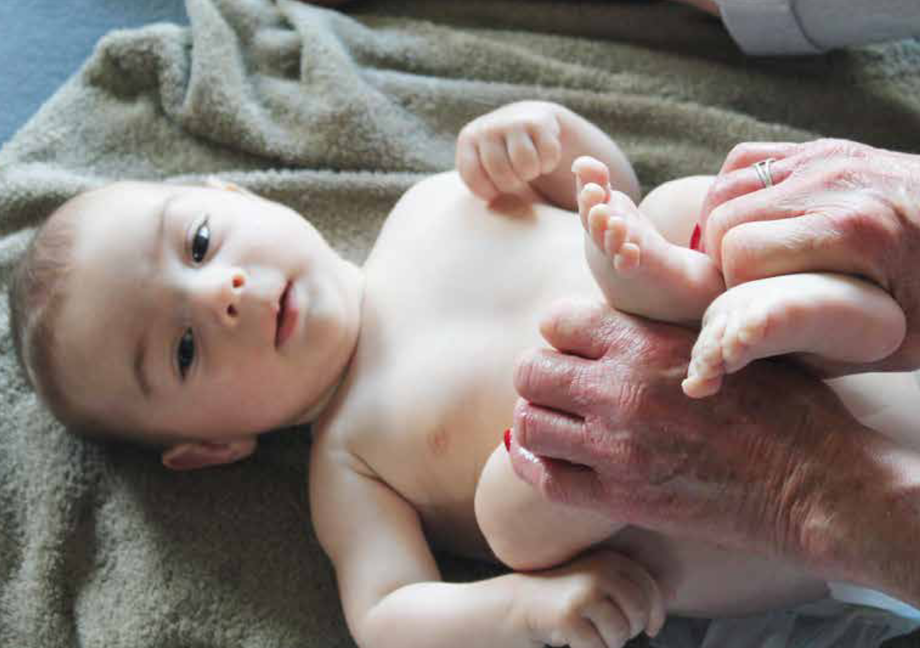
Science tells us parents used to do the right thing instinctively – sing to baby, read to them, constantly stay close together in an environment where interaction and language were purely instinctual and very natural. This was very important to baby and laid down the foundation for their developing their own language skills.
Interview with Alison Sutton, previously from Talking Matters
Alison says talk is brain food. “Sing, play, read and interact with your child. Don’t dumb things down – your little one learns more than you think, as their brains are sponges soaking up information around them.”
Changes to modern family structures mean that some children are missing out. Many families live away from their extended whānau in big cities with fewer opportunities to mix with others. Screen time can eat in to interaction time, families are under more pressure and the stresses pile up. Sometimes busy adults end up talking to, not with, their children.
Most families are keen to support their children’s learning but don’t always know the speed at which babies learn nor do they fully understand the power of language to shape their little one’s lives and future opportunities. Even among experts, the value of home languages in building communication and literacy is not always acknowledged – and it is increasingly important as more families are culturally and ethnically diverse.
Oral language is the basis for reading and writing, yet there has been less focus on oral language in policy, funding and professional development.
Does talking really matter?
“Absolutely,” says Alison. “The research is clear. We know that children’s early experiences shape their overall development and ability to learn. The first 1,000 days are particularly important for building the capacity to love, learn, think and communicate. Interaction and talk help shape a child’s brain and influence their social, emotional and intellectual capabilities throughout their lives. Talk is important in whatever languages families use – it doesn’t have to be in English. For babies and toddlers, the language (or languages) of their family matter most of all.”
Talk is free!
Talk is free and every family does it – and every family is capable of gifting even more language to their child. “Quite simply,” Alison says, “if you want your child to be smart – talk to them!”
Alison believes you can’t start too early. “Before your baby can speak, learn to watch them carefully – they are communicating with you by facial gestures, cries and non-verbal sounds. Talk to your baby, sing to them, chat out loud, the language will surround them, and they will be soaking it up.”
The key thing is to notice and respond to your child – follow their lead and talk about the things that interest them. “For example, if your child loves playing with trucks, sit next to them on the floor and talk with them,” Alison says. “Talk about the big yellow truck with six wheels. Ask who will be driving it, where it will go, what it will pick up, etc. In this way you will extend their language and vocabulary. You are, in fact, directing what they learn.”
Alison says the key is to be intentional and to aim high. Children are learning faster and are capable of so much more than many of us expect. “Take part in to-and-fro talking, singing, storytelling – talk-accompanied playing and doing are all critically important if a child’s thinking and language is to flourish.”
Different families and communities will have a range of approaches that fit their language, culture, values and their circumstances. It is important to speak to them in their heritage language. “If possible, introduce a second language to your little one,” Alison suggests. “Bilingual babies have bigger brains – they will be at an advantage as they grow if they can speak and understand more than one language.”
Alison says that if you want to tune in to your children – start with what holds their interest and follow their lead. “Talk more often – talk with them for longer and encourage them to talk to you; describe everyday things and everyday objects. Chat to them about what you and they are doing. Every moment is potentially a talking moment.”
Alison’s tips for a language-rich home
Gift your children ‘juicy’ new words – expand on the words they know. If the word seems too hard, use it and explain, rather than avoid it.
Encourage your child to talk and take turns – back-and-forth conversations make a big difference and help your child to feel as though their opinions are valued. To really develop their brains, children have to participate and contribute as well as listen.
Ask fewer questions – questions don’t add knowledge. Gift additional words to build children’s understanding of ideas and concepts.
Talk to them – praise their efforts and learn to relate to their interests; expand and talk everywhere. This is simple, free and easy. You have the power to make a real difference.
Read books every day – the language in books is different from everyday conversation and expands their understanding of the world. It is never too early to read to babies. Books also help build the bond between child and reader and help the child get ready for reading when they are older.
Sign songs and waiata – whether it is a lullaby to soothe a fussy baby or a lively action song with enthusiastic toddlers, surround our children with song. It will help to teach vocabulary and communication skills. And it is fun!
Limit digital media – don’t let the TV or smart device become a babysitter. No device can substitute for human interaction.
Article by Leigh Bredenkamp





